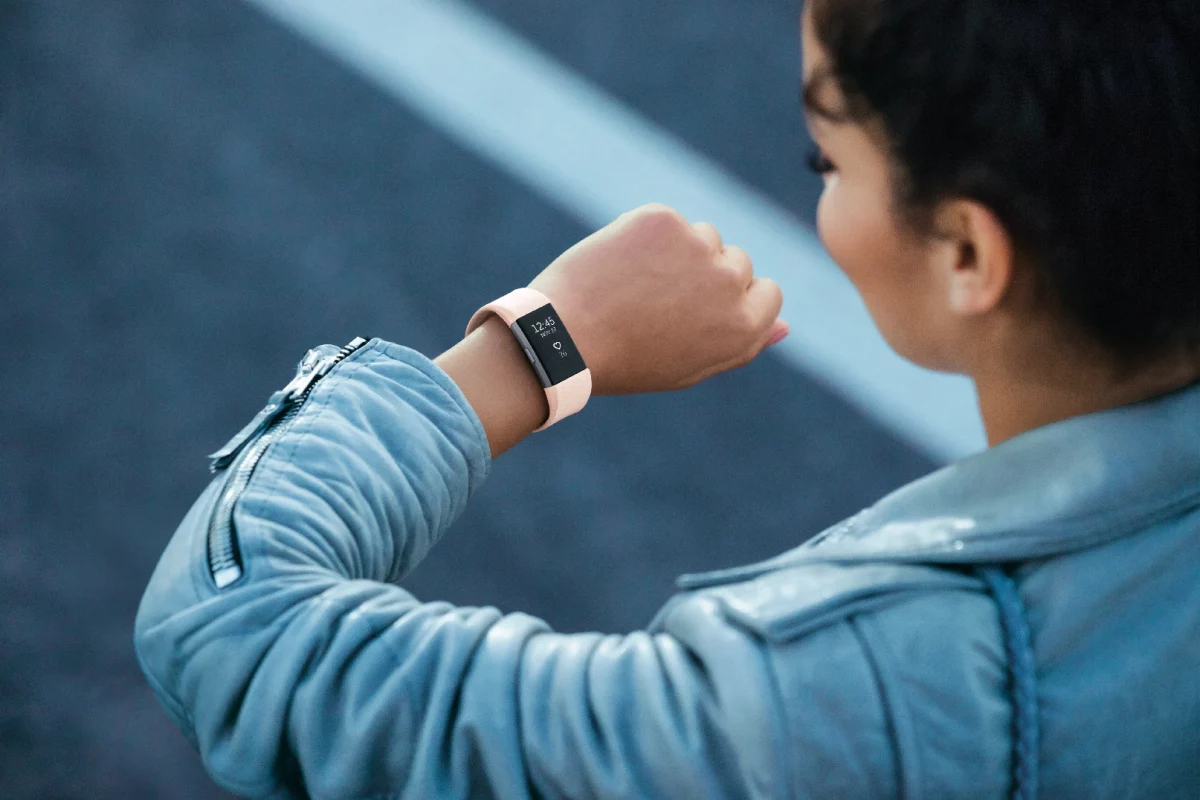So there is nothing extraordinary about a fitness watch that can count steps and measure distance. We are all used to that by now.
If you are a fitness freak, then you know that there are many variables that you need to check in order to ensure a healthy body. For instance, your blood pressure or heart rate.
Of course, there are some top-end fitness smart watches that can already do some of these. But technology continues to evolve and is now promising some exciting advancements in the development of fitness watches.
Let’s find out about some of the cool features we can expect from future fitness watches and wearables.
Illness Detection
Fitbit for instance, a popular brand is exploring the field of sleep apnea. This is among the most widespread health issues across the globe. Fitbit is trying to find out how their wearable can help show signs of potential illnesses before they happen.
According to experts, we may also see fitness wearables having the capacity to show blood glucose levels, respiratory rate, and even blood pressure.
On the technical side, to be able to provide this information, fitness watches will also come with longer-lasting batteries, not the usual 48-hour long life. This is also coupled with dropping the bright display screens.
Personalized Health Care
There are many who believe that receiving personalized healthcare is the future. This is going to be delivered via fitness wearables that help monitor things like heart rate or blood oxygen levels for instance.
The idea behind personalized healthcare is that illnesses can be discovered early and treated before they become a significant problem. Through the use of wearables, people’s health can be monitored over a period of time instead of just a single point in time.
Furthermore, personalized healthcare through wearables can also help doctors access data that can be used to find out the root cause of the problem. By studying past data, doctors can identify lifestyle issues that may lead to potential health issues.
Artificial Intelligence
We are also likely to see artificial intelligence take its place in the fitness wearables niche thanks to the availability of data. For example, you may receive data as to when to eat and what to eat, when to do your workout, and even how long you should be sleeping.
Think of how Netflix uses users to search for information and previous browsing history to determine what they like to watch. This is the same way fitness watches use data to make recommendations for a healthier lifestyle.
Nutrient Loss Tracing
Some smart watches are trying to calculate the amount of nutrients lost during a workout and how best to reinvigorate yourself. With this data you will know whether you need to include sodium or potassium or any vitamin in your diet. Already there are wearables that are able to tell users when and how long it takes to recover from a workout. This is the type of information that many people would only have access to through a blood test. Such wearables are expected to be received with enthusiasm by fitness fans









